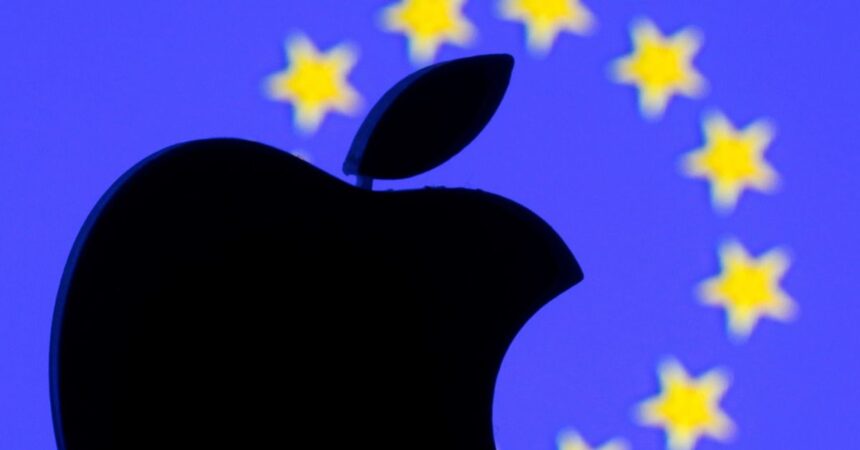Apple has warned that European users will face delays in accessing some of its latest innovations, pointing the finger at the European Union’s Digital Markets Act (DMA). The company argues the sweeping regulation is making it harder to roll out features without compromising security and privacy.
In a statement published on its newsroom, Apple confirmed that features like Live Translation with AirPods, iPhone Mirroring, and new Maps tools will not be available to European customers at launch. The company insists that complying with the DMA requires ensuring interoperability with third-party devices and services—something it claims is technically complex and risky.
Apple stressed that rushing these adaptations could expose users to security vulnerabilities. It also noted that if it moves ahead without full compliance, the company risks regulatory fines or even restrictions on product sales within the EU.
Regulators Push Back
The European Commission, however, maintains that the DMA does not force companies to compromise on security. Instead, it argues the law is designed to curb the dominance of “gatekeeper” platforms by increasing consumer choice and creating fairer competition.
The Commission says the DMA aims to open up ecosystems long controlled by tech giants, requiring app store flexibility, payment alternatives, and cross-platform interoperability. Critics of Apple argue the company is using security as a shield to maintain its walled garden and limit outside competition.
For European customers, the immediate impact is tangible. While users in the United States and other regions will enjoy seamless access to Apple’s new suite of features, Europeans may find themselves waiting months for the same experience.
Industry analysts note that this could deepen frustration among users, who already feel European markets often get a “second-tier” experience due to stricter regulatory environments. Still, advocates of the DMA counter that short-term delays are a reasonable price for long-term digital fairness and innovation.
Bigger Than Apple
This clash between Apple and Brussels is being closely watched worldwide. Other governments, including those in Africa and Asia, are exploring similar laws to regulate digital platforms. The way this dispute unfolds could shape how future legislation is drafted in regions where balancing innovation with regulation remains a delicate task.
For Apple, the EU remains a crucial market. Yet, the company’s growing public resistance to the DMA signals that the regulatory pressure is beginning to bite. For European regulators, standing firm will be a test of whether they can enforce their vision of a more open digital market without alienating both users and the very companies they seek to regulate.
Why it Matters
The central question is whether Apple will eventually find technical solutions that satisfy the EU or if it will continue to roll out features late, keeping European users at a disadvantage. The stakes extend far beyond convenience: this battle is about who sets the rules of the digital economy—the companies building the platforms, or the governments shaping the markets.
Talking Points
European users are angry, but in the long run, opening up Apple’s ecosystem could spark more innovation and competition. Imagine a future where African app developers aren’t boxed out by Apple’s rules but can plug directly into iOS systems. That’s the opportunity hidden behind today’s delays.
Apple won’t dare pull this kind of stunt in the U.S. because Washington isn’t cracking down as hard. But Europe gets the “slow roll-out” treatment. If Africa doesn’t develop its own strong digital regulations, expect worse—features withheld indefinitely, unfair pricing, and limited digital freedom.
The bigger question is: who controls the digital future? Are we comfortable with trillion-dollar corporations deciding what features we get and when? Or do we want governments—even imperfect ones—to force accountability? That’s the uncomfortable, but necessary, debate Africans must start having now.





